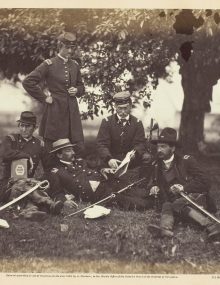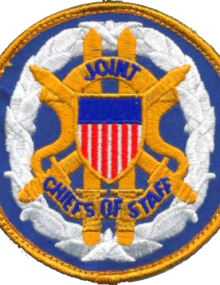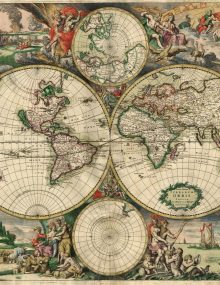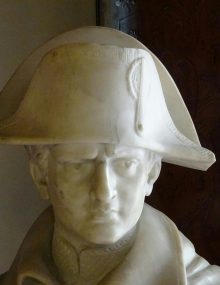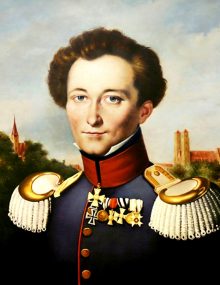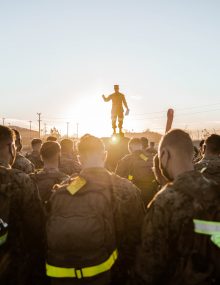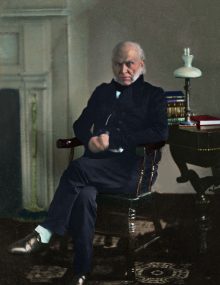
John Quincy Adams, What a Young Diplomat Should Read
In December 1816, John Quincy Adams, the U.S. Minister to Great Britain, responded to a request from Christopher Hughes, a young American, about how to prepare (specifically, to study) for a career in diplomacy. (Hughes had been one of the secretaries to the American Peace Commission in Ghent in 1814, where he had developed a good relationship with Adams.) Adams assumed as a matter of course that Hughes, a Princeton graduate, was familiar with the classic texts –Thucydides, Livy, Tacitus, and the like. He therefore offered “a list of authors in general, modern history, national law and diplomatic intercourse,” which “will more than suffice for eighteen months or two years, reading.”
Read More

